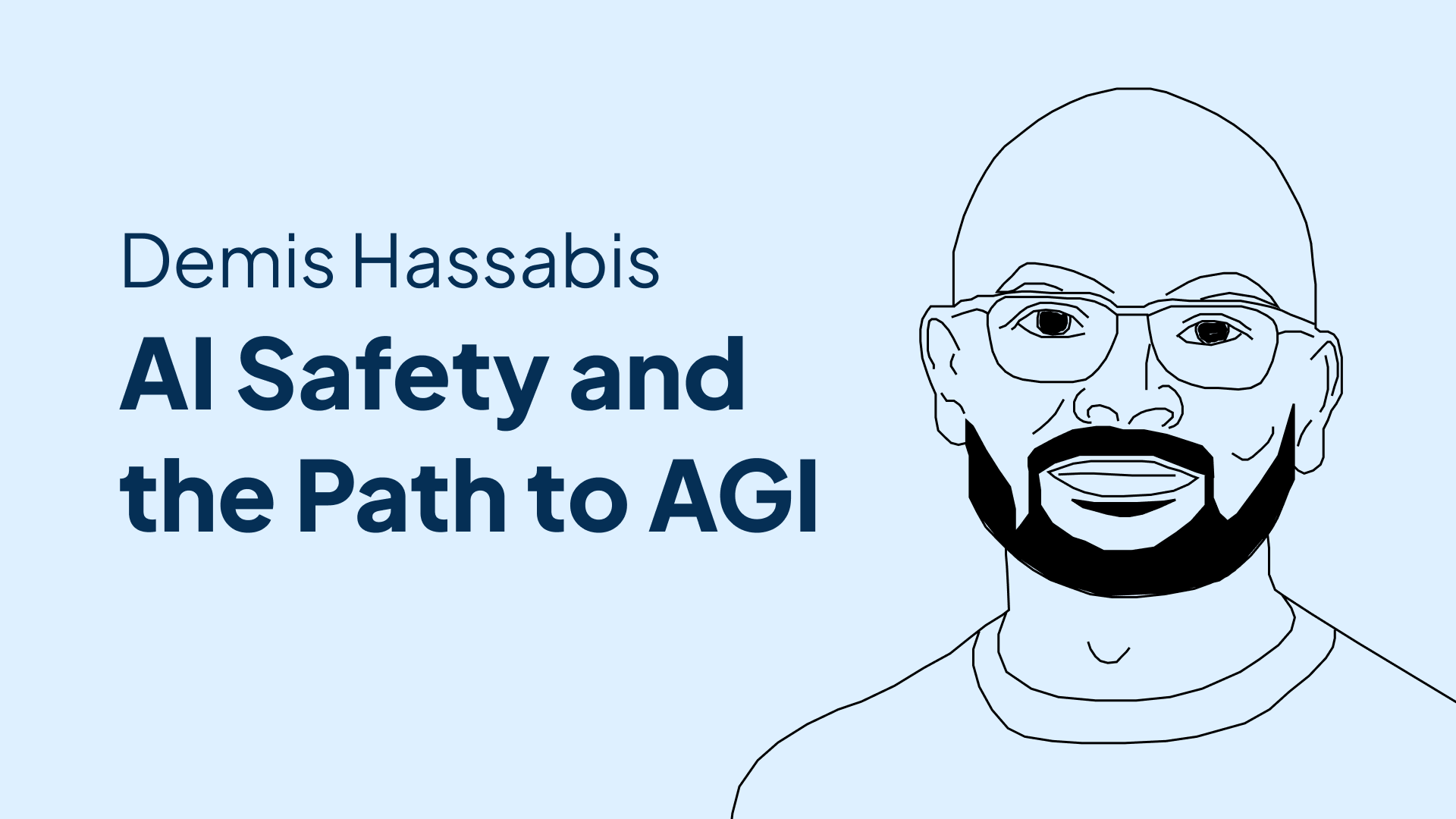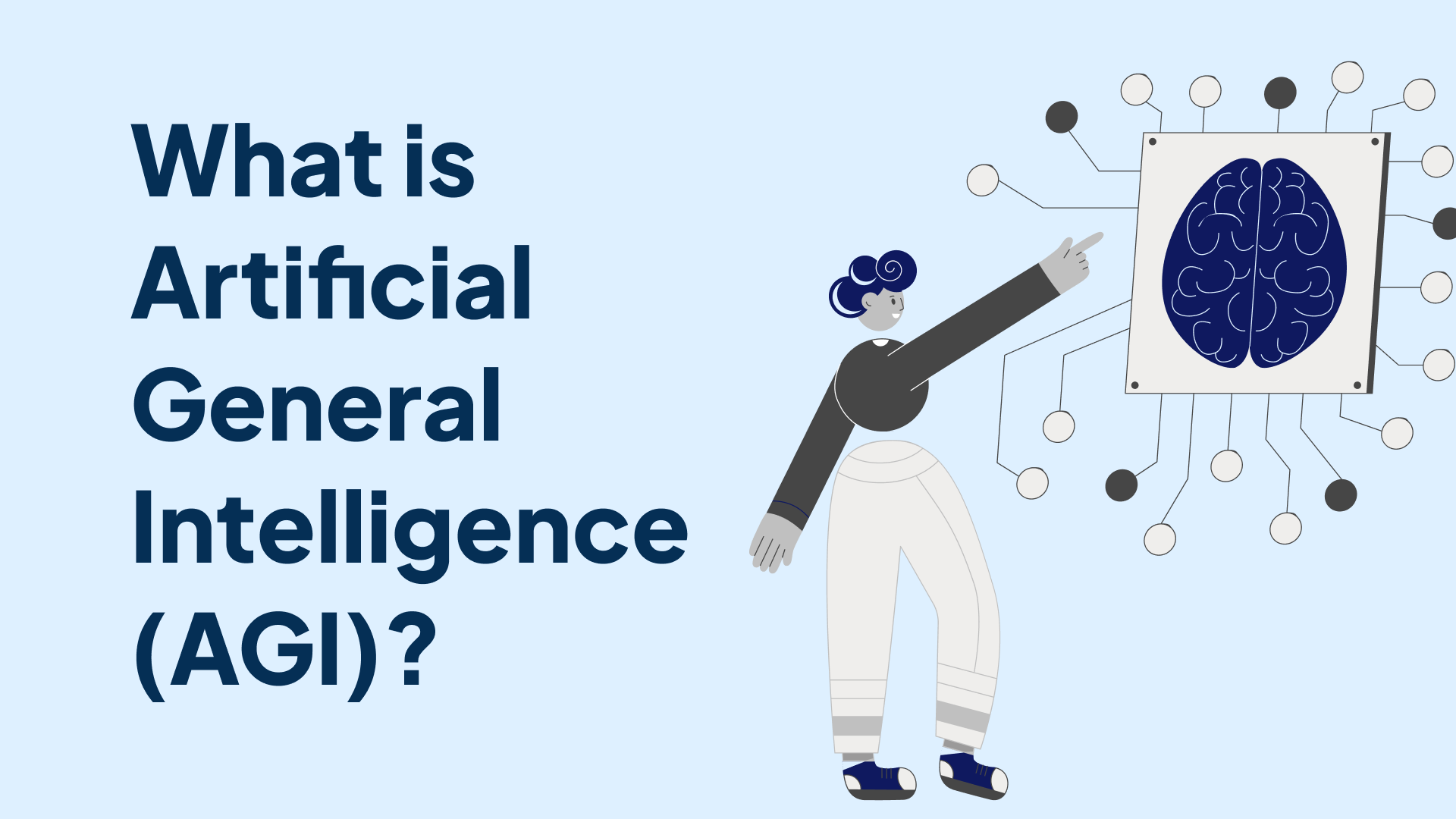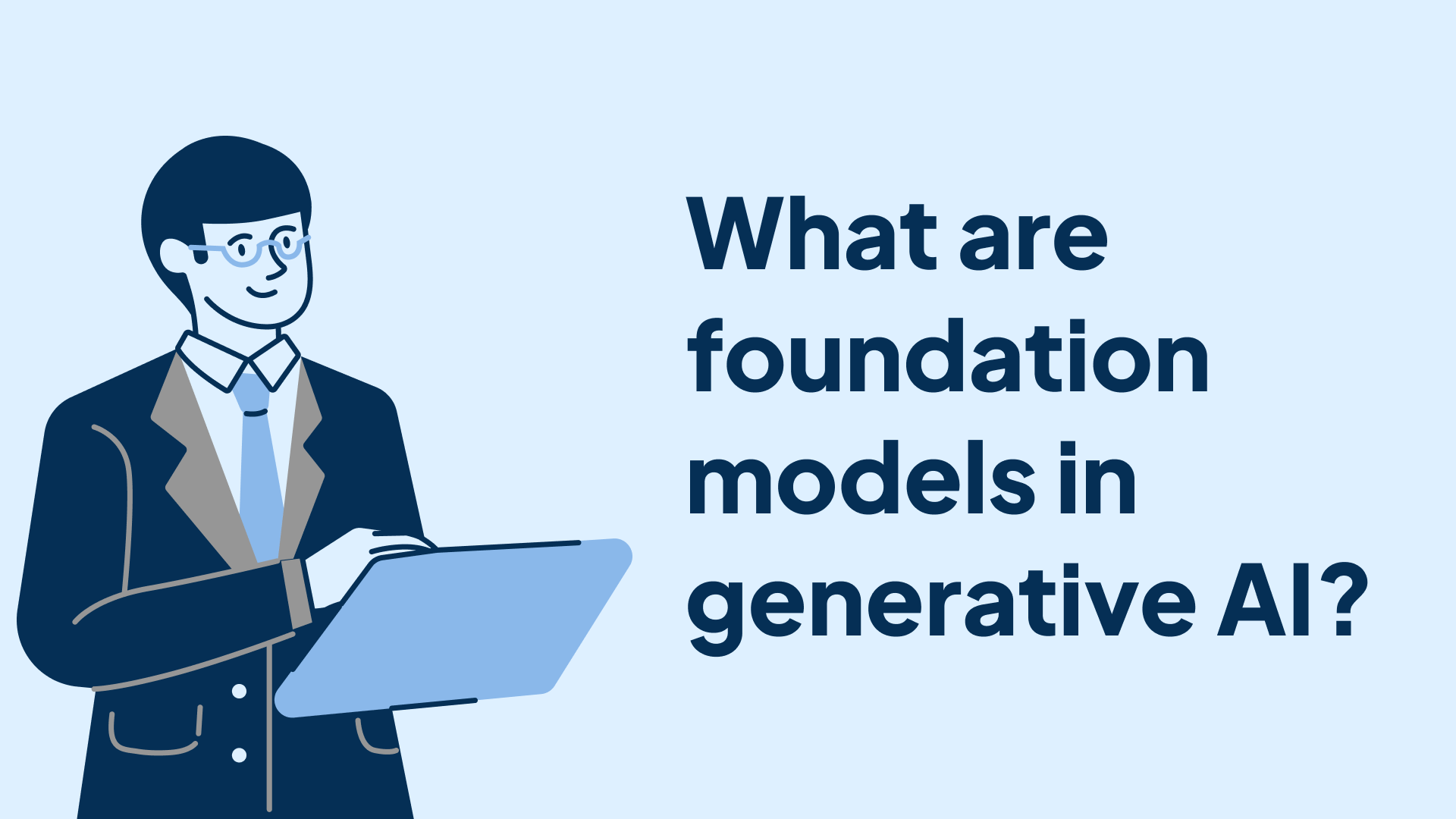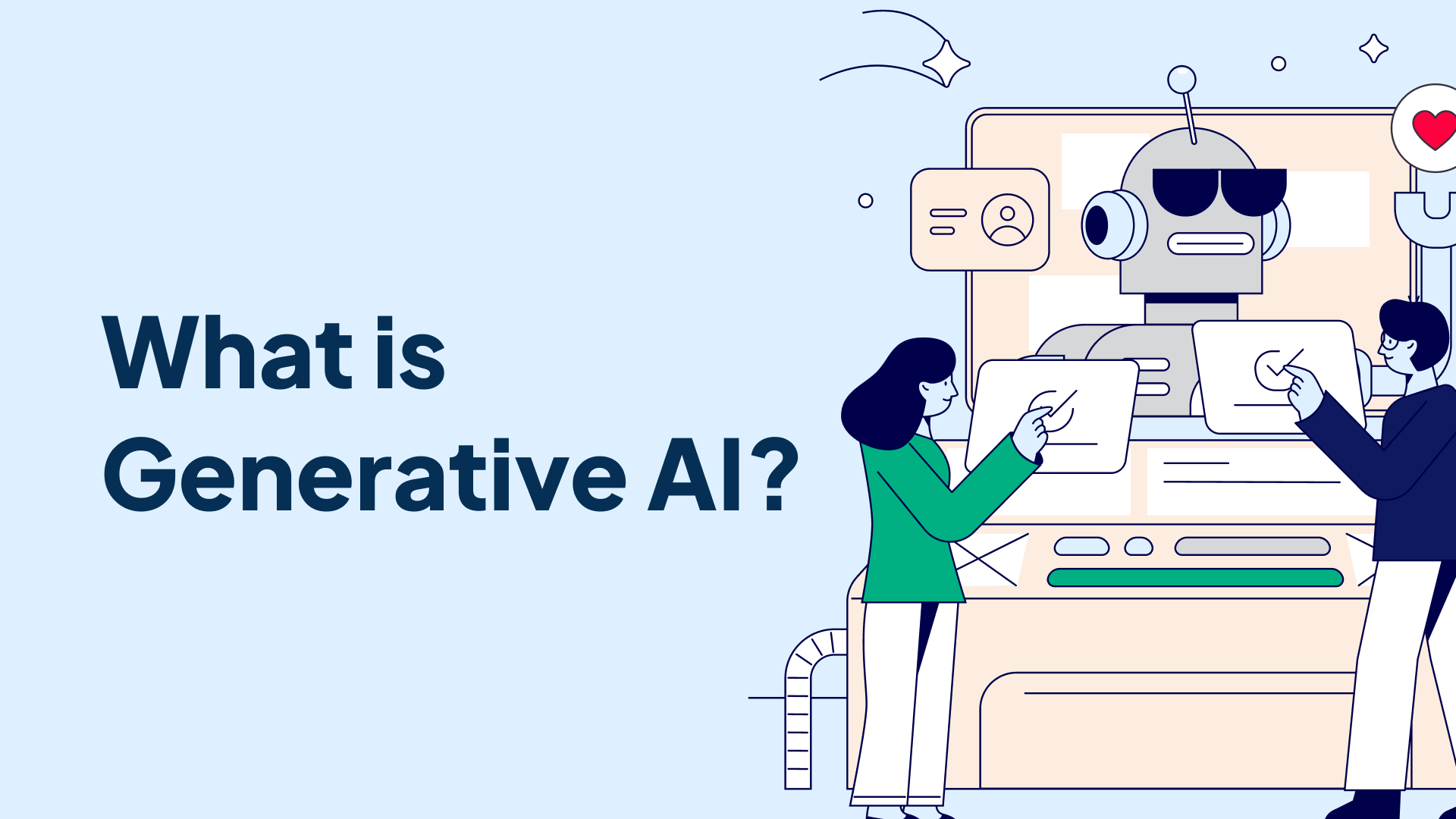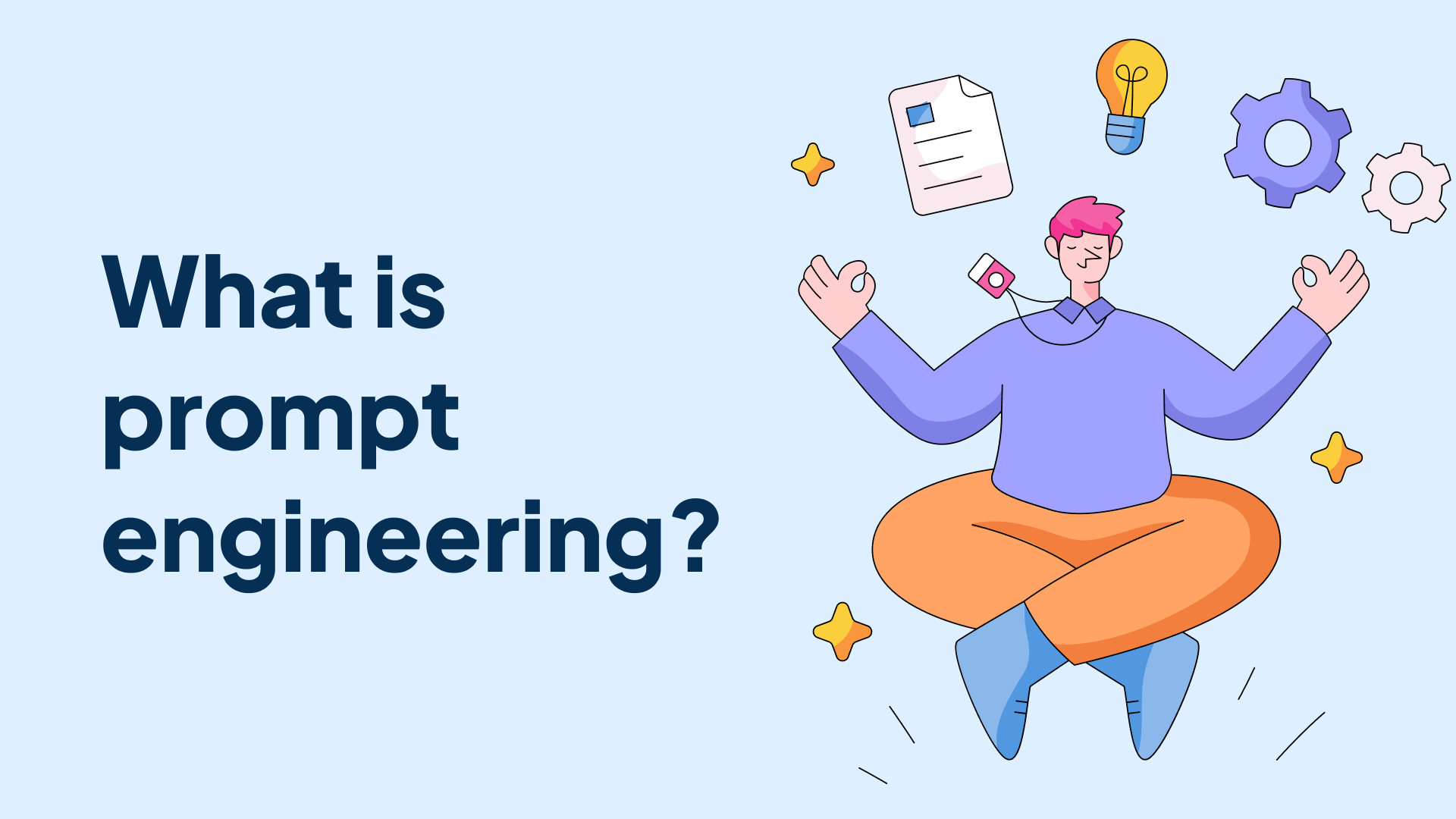In a recent interview with Dwarkesh Patel, Demis Hassabis, the Co-founder and CEO of GoogleDeepMind, shared his thoughts on the current state of artificial intelligence, the path to AGI (Artificial General Intelligence), and the critical importance of AI safety. As a pioneer in the field of AI, Hassabis's insights provide a valuable perspective on the challenges and opportunities that lie ahead.
You can watch the full interview here: https://www.youtube.com/watch?v=qTogNUV3CAI
The Rapid Progress of AI
Hassabis expressed his surprise at the rapid progress of AI in recent years, particularly in the development of large language models like GPT-4 and DeepMind's own Gemini. He noted that these models are "almost unreasonably effective for what they are" and that they have demonstrated surprising capabilities, such as the ability to learn concepts and abstractions implicitly.
However, Hassabis also acknowledged that there are still significant challenges to overcome before we achieve AGI. He emphasized the need for continued innovation and invention, stating that "we've got to push scaling as hard as we can, and that's what we're doing here. And it's an empirical question whether that will hit an asymptote or a brick wall, and there are different people that argue about that. But actually, I think we should just test it. I think no one knows."
The Importance of AI Safety
One of the key themes of the interview was the critical importance of AI safety. Hassabis explained that he and his co-founder, Shane Legg, had been thinking about the potential consequences of AGI since before they started DeepMind in 2010. He stated, "We planned for success, crazy. In 2010, no one was thinking about AI, let alone AGI. But we already knew that if we could make progress with these systems and these ideas, the technology that would be created would be unbelievably transformative."
Hassabis emphasized the need for a cautious and responsible approach to AI development, stating that "we've got to put all our efforts into getting this right and be thoughtful and sort of also be humble about what we know and don't know about the systems that are coming and the uncertainties around that." He argued that given the potential transformative power of AGI, it is essential to have "as much foresight and understanding about what's coming down the line and the consequences of that before it happens."
Collaboration and Governance
Hassabis also stressed the importance of collaboration and governance in the development of AI. He argued that given the potential consequences of AGI, it is essential that there be a "big collaboration with many stakeholders from civil society, academia, government." He expressed his hope that there would be an "international consensus" around what AI should be used for and how to ensure that its benefits are shared widely.
Hassabis also discussed the need for secure systems to prevent rogue actors from misusing AI technology. He noted that DeepMind is "behind Google's firewall and cloud protection, which is, I think, best in class in the world corporately." However, he acknowledged that as AI systems become more powerful, it will be necessary to have even stronger security measures in place, such as "specifically secure data centers or hardware solutions."
The Path to AGI
When asked about his timeline for achieving AGI, Hassabis noted that when DeepMind was founded in 2010, they thought of it as a 20-year project. He stated, "I wouldn't be surprised if we had AGI-like systems within the next decade." However, he also emphasized the need for continued innovation and invention to achieve this goal.
Hassabis discussed the potential for AI systems to accelerate scientific progress, noting that "we're getting to the stage where our systems could help the best human scientists make their breakthroughs quicker like almost triage the search space in some ways, or perhaps find a solution like AlphaFold does with a protein structure." However, he also acknowledged that current AI systems are not yet capable of the kind of high-level creativity and hypothesis generation that is necessary for genuinely groundbreaking scientific discoveries.
Conclusion
Demis Hassabis's interview with Dwarkesh Patel provides a fascinating glimpse into the current state of AI and the challenges and opportunities that lie ahead. As one of the pioneers in the field, Hassabis's insights on the rapid progress of AI, the critical importance of AI safety, and the need for collaboration and governance are essential for anyone interested in the future of this transformative technology.
Perhaps most importantly, Hassabis's emphasis on the need for a cautious and responsible approach to AI development is a crucial message for the entire field. As he noted, "I want us to move away as a field from a sort of move fast and break things attitude. I think in this case, we want to be bold with the positive things that it can do and make sure we realize things like medicine and science and advancing all of those things whilst being responsible and thoughtful with mitigating the risks."
As AI continues to advance at a rapid pace, it will be essential for researchers, policymakers, and society as a whole to heed Hassabis's words and work together to ensure that this transformative technology is developed in a way that benefits all of humanity.





